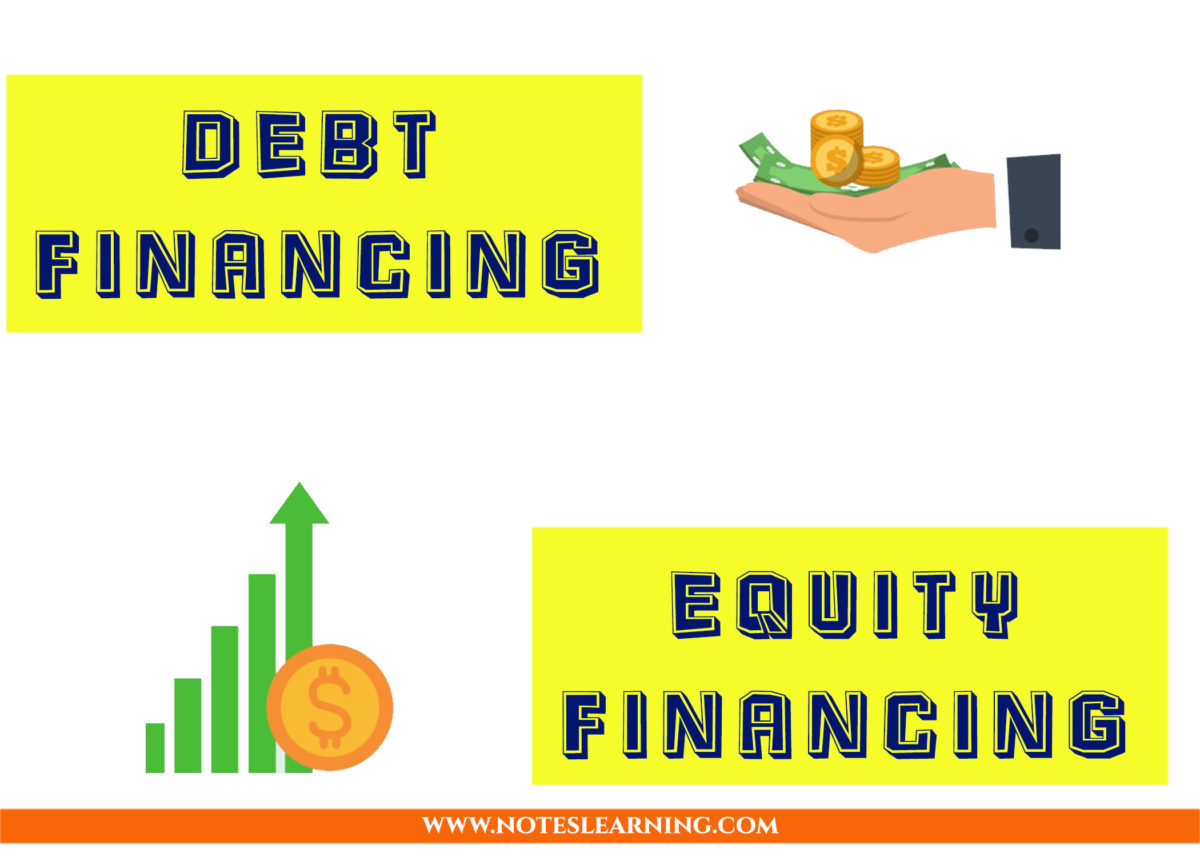Introduction to Debt Financing
Debt financing is the process of borrowing money from a lender to be repaid at some point in the future. It is also known as a loan. Debt financing is the use of borrowed funds to purchase an asset or pay liabilities. It is a loan that needs to be paid back with interest.

Debt financing is the use of borrowed funds to finance an investment. The borrower pays interest on the borrowed funds, and repays the principal amount at a later date. This is typically how a company would raise money to purchase fixed assets or fund operations.
Debt financing can be obtained from either a bank or an individual. When debt financing is obtained from a bank, the company will have to repay the loan with interest over time. Debt financing from individuals may come with no interest at all, but the borrower will give up equity in their company as collateral for the loan.
Debt financing is an important source of funding for new businesses, as well as established businesses that need to fund new ventures. It can also be used to purchase assets such as property or equipment. The amount of this financing needed varies depending on the industry, the size of the company, and other factors. It is also often used during an acquisition or merger when one company takes over another.
There are two main types of debt financing: secured and unsecured. Secured debt financing is when the borrower pledges collateral to the lender in case they fail to repay their loan. Unsecured debt financing does not require any collateral from the borrower and so is riskier for the lender.
Debt Financing benefits over Equity Financing
- Debt financing allows business owners to have full control and ownership of the company.
- Interest factor on the debt instruments are generally tax-deductible i.e. interest are expenses for the business.
- Debt financing have fixed regular repayment schedule which allows business to plan their cash flows.
- The cost factor for the debt are known and predictable. This allows businesses to calculate and schedule their cost factors.
- Debt financing have comparatively easy and faster access to capital i.e. business can raise the capital as debt with easy process and less formality.
- Owners are independent of making decision as there is no expectation from the external parties. There is no external interference.
Introduction to Equity Financing
Equity financing is the process of raising capital by selling stocks or shares to investors.
Equity financing is the sale of ownership stakes in a company to investors in exchange for capital. Investors receive shares of stock in return for their investment, and they share in any profits or losses made by the company. This can be used as a way to raise money for operations, or it can be used as an alternative to debt financing if you have more equity than debt.

Equity financing, on the other hand, is the use of funds from investors in exchange for shares in a company. The investors buy these stocks hoping that they will increase in value and be able to sell them at a profit later on.
Equity financing is the most common form of financing for startups.
The equity financing process includes:
- An initial public offering (IPO)
- A private placement, which is conducted with accredited investors or venture capitalists
- Initial public offerings (IPOs) and private placements are typically conducted with accredited investors or venture capitalists
- A venture capitalist will typically invest $1 million or more and expect an exit within three to five years
Typically, companies that seek equity financing will have a minimum viable product and some traction in the market
The main benefit of equity financing is that it doesn’t require any collateral, and it allows investors to share in potential future profits. The downside is that there are no guarantees on the success of a company, so the investor could lose all their money if the company fails. Equity financing is a type of financing that does not require repayment of the loan. This financing is also called “shareholder loans”.
Equity Financing benefits over Debt Financing
- Equity financing has shared risk i.e. in case of any failure in the business all the investors bears the loss together with the owner.
- Along with funds, equity financing provides non-financial support like strategic expertise, industry knowledge, management skills, guidance, mentorship and strong networking.
- Equity financing has no repayment obligation. Investors share the profit and loss of the company without any expectation of immediate repayment.
- Equity financing have a higher potential to returns i.e. the growth of the business determines the value of the company. As a group, investors benefit from this growth in the value of the company.
Reference


